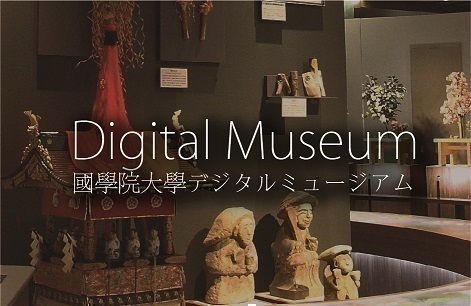- トップ
- Encyclopedia of Shinto
- Kokuikō
Encyclopedia of Shinto
| Main Menu: | |
| Links: |
詳細表示 (Complete Article)
| カテゴリー1: | 9. Texts and Sources |
|---|---|
| カテゴリー2: | Other Basic Texts |
| Title | Kokuikō |
| Text | On the Significance of the Country. Written by Kamo no Mabuchi. One fascicle. Originally "Kokui " (= kuni no kokoro "the significance of the country"), but is generally referred to as Kokui kō (On the Significance of the Country). One of the so-called "Five Significances" (country, song, language, writing, and books = koku, ka, go, bun, sho). The first draft was written around 1760 and the expanded manuscript completed in 1765. It was not published until 1806, long after Mabuchi's death, but his disciples recognized these "five significances" as valuable indicators of Mabuchi's thought and methodology for a very early point. The "five significances" share the attribute of "words" or "language" at their core. Among these, On the Significance of the Country compares the imported belief systems of Confucianism and Buddhism with the spirit of what Mabuchi believed to be the indigenous Great Way, pointing out their damage to Japan and the paucity of their content. In contrast to the imported "characters" (moji ), Mabuchi champions the ancient spoken words, and promotes the revival of the "clouded" Ancient Way through practice of the Way of Poetry, focusing on Man'yōshū ("Collection for Ten Thousand Ages"). Mabuchi's theory of sound-meanings found in the "five significances" heralded the beginning of the philologistic study of inflections (katsuyō), while on the other hand it greatly influenced the mystical interpretation of etymologies called kotodama theory, which came to dominate discourse in the late Edo and early Meiji periods. Included in Kamo no Mabuchi zenshū, vol. 19 (Zokuzoku Gunsho Ruijū Kansei Kai, 1980), and Kinsei Shintō ron, Zenki kokugaku (Nihon shisō taikei series, Iwanami Shoten, 1972). — Mori Mizue |




